CONCERNS OVER ADVERSE REACTIONS
입력 2021.10.19 (15:32)
수정 2021.10.19 (16:45)
읽어주기 기능은 크롬기반의
브라우저에서만 사용하실 수 있습니다.
[Anchor Lead]
South Korea is speeding up its COVID-19 vaccination campaign to return to a pre-pandemic condition. Vaccinations have begun for highschool freshmen and juniors as well as pregnant women. Still, many students and parents remain concerned about possible adverse reactions. Experts stress that serious allergic responses following vaccination are very rare.
[Pkg]
More than half of some 900,000 adolescents aged between 16 and 17 have made reservations for their COVID-19 vaccinations in advance.
[Soundbite] Kim Kyung-hun(High School Student) : "I expect to roam around more easily, as I got vaccinated. I'll be less worried about the coronavirus."
Medical experts stress that a very few number of young recipients show serious adverse reactions following vaccination. In the U.S., 8.9 million adolescents received the Pfizer vaccine and just 0.01 percent of them showed serious allergic responses. As many as 34 cases of myocarditis and pericarditis were reported among one million young vaccine recipients. But all of them recovered fully. Experts advise young people to receive vaccines even if they have chronic medical conditions, saying that there is no correlation between underlying diseases and vaccine-related adverse reactions.
[Soundbite] Cho Eun-young(Chungnam Nat’l Univ. Hospital) : "It is better for adolescents with chronic, underlying diseases to get vaccinated, since some young COVID-19 patients can develop serious conditions."
Regarding some women’s reports of experiencing menstrual irregularity and unusual bleeding following vaccinations, medical experts say no causal relations have been proven but that they are continuing to monitor the situation. They also said adolescents can receive the same dose of vaccine as adults, regardless of their weight.
[Soundbite] Choi Young-joon(Korea Univ. Anam Hospital) : "There are no differences in vaccine doses for varying age or weight. This is the most safe and effective method proven through clinical trials and medical tests."
Amid controversy over the waning efficacy of Janssen vaccines, the government has decided to administer booster shots to 1.47 million recipients of the Johnson & Johnson vaccine. On Monday, the first day of vaccinating adolescents aged between 16 and 17, eight cases of erroneous injections were reported across the nation. The children were given Moderna vaccines instead of Pfizer.
South Korea is speeding up its COVID-19 vaccination campaign to return to a pre-pandemic condition. Vaccinations have begun for highschool freshmen and juniors as well as pregnant women. Still, many students and parents remain concerned about possible adverse reactions. Experts stress that serious allergic responses following vaccination are very rare.
[Pkg]
More than half of some 900,000 adolescents aged between 16 and 17 have made reservations for their COVID-19 vaccinations in advance.
[Soundbite] Kim Kyung-hun(High School Student) : "I expect to roam around more easily, as I got vaccinated. I'll be less worried about the coronavirus."
Medical experts stress that a very few number of young recipients show serious adverse reactions following vaccination. In the U.S., 8.9 million adolescents received the Pfizer vaccine and just 0.01 percent of them showed serious allergic responses. As many as 34 cases of myocarditis and pericarditis were reported among one million young vaccine recipients. But all of them recovered fully. Experts advise young people to receive vaccines even if they have chronic medical conditions, saying that there is no correlation between underlying diseases and vaccine-related adverse reactions.
[Soundbite] Cho Eun-young(Chungnam Nat’l Univ. Hospital) : "It is better for adolescents with chronic, underlying diseases to get vaccinated, since some young COVID-19 patients can develop serious conditions."
Regarding some women’s reports of experiencing menstrual irregularity and unusual bleeding following vaccinations, medical experts say no causal relations have been proven but that they are continuing to monitor the situation. They also said adolescents can receive the same dose of vaccine as adults, regardless of their weight.
[Soundbite] Choi Young-joon(Korea Univ. Anam Hospital) : "There are no differences in vaccine doses for varying age or weight. This is the most safe and effective method proven through clinical trials and medical tests."
Amid controversy over the waning efficacy of Janssen vaccines, the government has decided to administer booster shots to 1.47 million recipients of the Johnson & Johnson vaccine. On Monday, the first day of vaccinating adolescents aged between 16 and 17, eight cases of erroneous injections were reported across the nation. The children were given Moderna vaccines instead of Pfizer.
■ 제보하기
▷ 카카오톡 : 'KBS제보' 검색, 채널 추가
▷ 전화 : 02-781-1234, 4444
▷ 이메일 : kbs1234@kbs.co.kr
▷ 유튜브, 네이버, 카카오에서도 KBS뉴스를 구독해주세요!
- CONCERNS OVER ADVERSE REACTIONS
-
- 입력 2021-10-19 15:32:07
- 수정2021-10-19 16:45:40
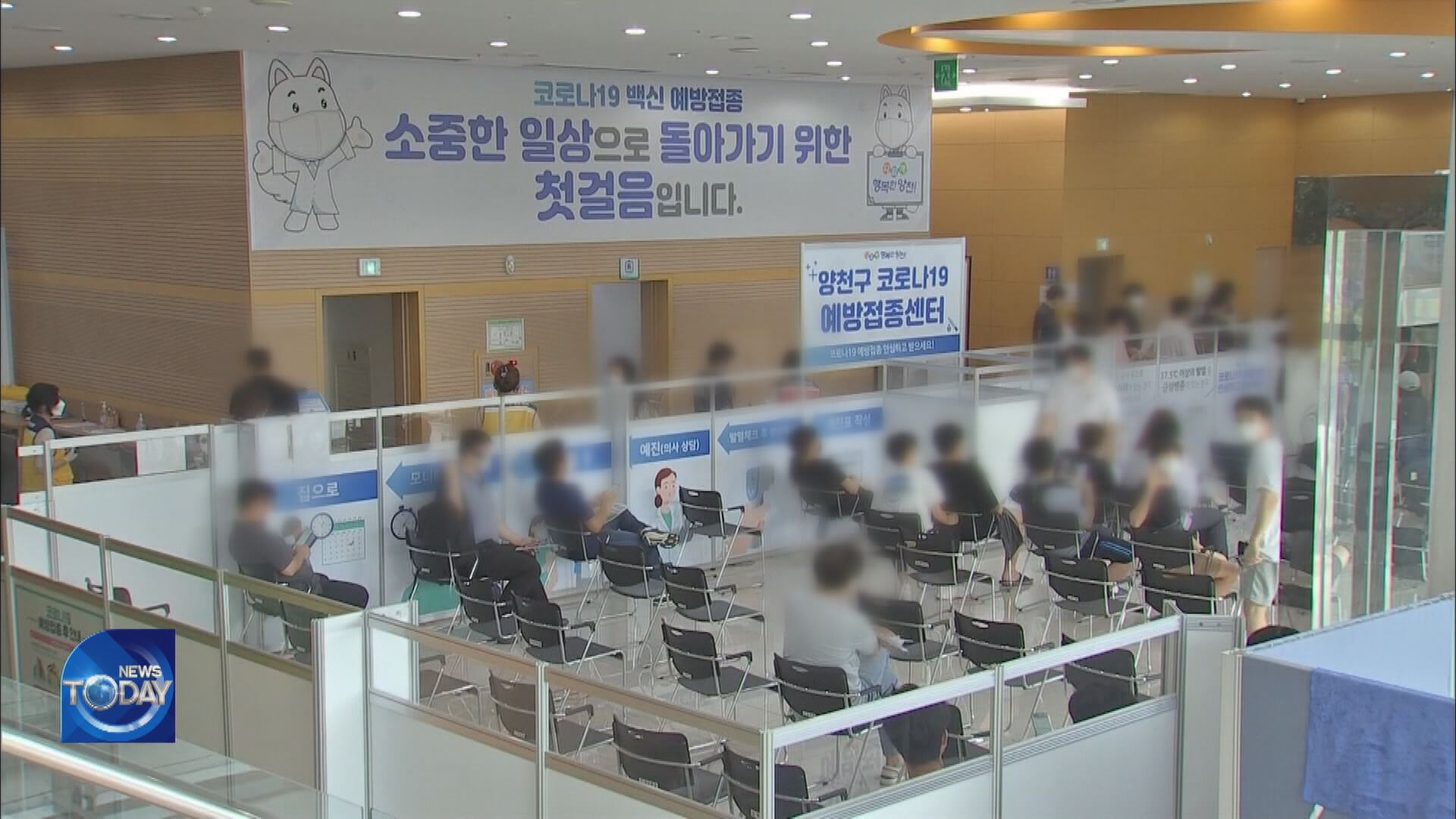
[Anchor Lead]
South Korea is speeding up its COVID-19 vaccination campaign to return to a pre-pandemic condition. Vaccinations have begun for highschool freshmen and juniors as well as pregnant women. Still, many students and parents remain concerned about possible adverse reactions. Experts stress that serious allergic responses following vaccination are very rare.
[Pkg]
More than half of some 900,000 adolescents aged between 16 and 17 have made reservations for their COVID-19 vaccinations in advance.
[Soundbite] Kim Kyung-hun(High School Student) : "I expect to roam around more easily, as I got vaccinated. I'll be less worried about the coronavirus."
Medical experts stress that a very few number of young recipients show serious adverse reactions following vaccination. In the U.S., 8.9 million adolescents received the Pfizer vaccine and just 0.01 percent of them showed serious allergic responses. As many as 34 cases of myocarditis and pericarditis were reported among one million young vaccine recipients. But all of them recovered fully. Experts advise young people to receive vaccines even if they have chronic medical conditions, saying that there is no correlation between underlying diseases and vaccine-related adverse reactions.
[Soundbite] Cho Eun-young(Chungnam Nat’l Univ. Hospital) : "It is better for adolescents with chronic, underlying diseases to get vaccinated, since some young COVID-19 patients can develop serious conditions."
Regarding some women’s reports of experiencing menstrual irregularity and unusual bleeding following vaccinations, medical experts say no causal relations have been proven but that they are continuing to monitor the situation. They also said adolescents can receive the same dose of vaccine as adults, regardless of their weight.
[Soundbite] Choi Young-joon(Korea Univ. Anam Hospital) : "There are no differences in vaccine doses for varying age or weight. This is the most safe and effective method proven through clinical trials and medical tests."
Amid controversy over the waning efficacy of Janssen vaccines, the government has decided to administer booster shots to 1.47 million recipients of the Johnson & Johnson vaccine. On Monday, the first day of vaccinating adolescents aged between 16 and 17, eight cases of erroneous injections were reported across the nation. The children were given Moderna vaccines instead of Pfizer.
South Korea is speeding up its COVID-19 vaccination campaign to return to a pre-pandemic condition. Vaccinations have begun for highschool freshmen and juniors as well as pregnant women. Still, many students and parents remain concerned about possible adverse reactions. Experts stress that serious allergic responses following vaccination are very rare.
[Pkg]
More than half of some 900,000 adolescents aged between 16 and 17 have made reservations for their COVID-19 vaccinations in advance.
[Soundbite] Kim Kyung-hun(High School Student) : "I expect to roam around more easily, as I got vaccinated. I'll be less worried about the coronavirus."
Medical experts stress that a very few number of young recipients show serious adverse reactions following vaccination. In the U.S., 8.9 million adolescents received the Pfizer vaccine and just 0.01 percent of them showed serious allergic responses. As many as 34 cases of myocarditis and pericarditis were reported among one million young vaccine recipients. But all of them recovered fully. Experts advise young people to receive vaccines even if they have chronic medical conditions, saying that there is no correlation between underlying diseases and vaccine-related adverse reactions.
[Soundbite] Cho Eun-young(Chungnam Nat’l Univ. Hospital) : "It is better for adolescents with chronic, underlying diseases to get vaccinated, since some young COVID-19 patients can develop serious conditions."
Regarding some women’s reports of experiencing menstrual irregularity and unusual bleeding following vaccinations, medical experts say no causal relations have been proven but that they are continuing to monitor the situation. They also said adolescents can receive the same dose of vaccine as adults, regardless of their weight.
[Soundbite] Choi Young-joon(Korea Univ. Anam Hospital) : "There are no differences in vaccine doses for varying age or weight. This is the most safe and effective method proven through clinical trials and medical tests."
Amid controversy over the waning efficacy of Janssen vaccines, the government has decided to administer booster shots to 1.47 million recipients of the Johnson & Johnson vaccine. On Monday, the first day of vaccinating adolescents aged between 16 and 17, eight cases of erroneous injections were reported across the nation. The children were given Moderna vaccines instead of Pfizer.
이 기사가 좋으셨다면
-
좋아요
0
-
응원해요
0
-
후속 원해요
0










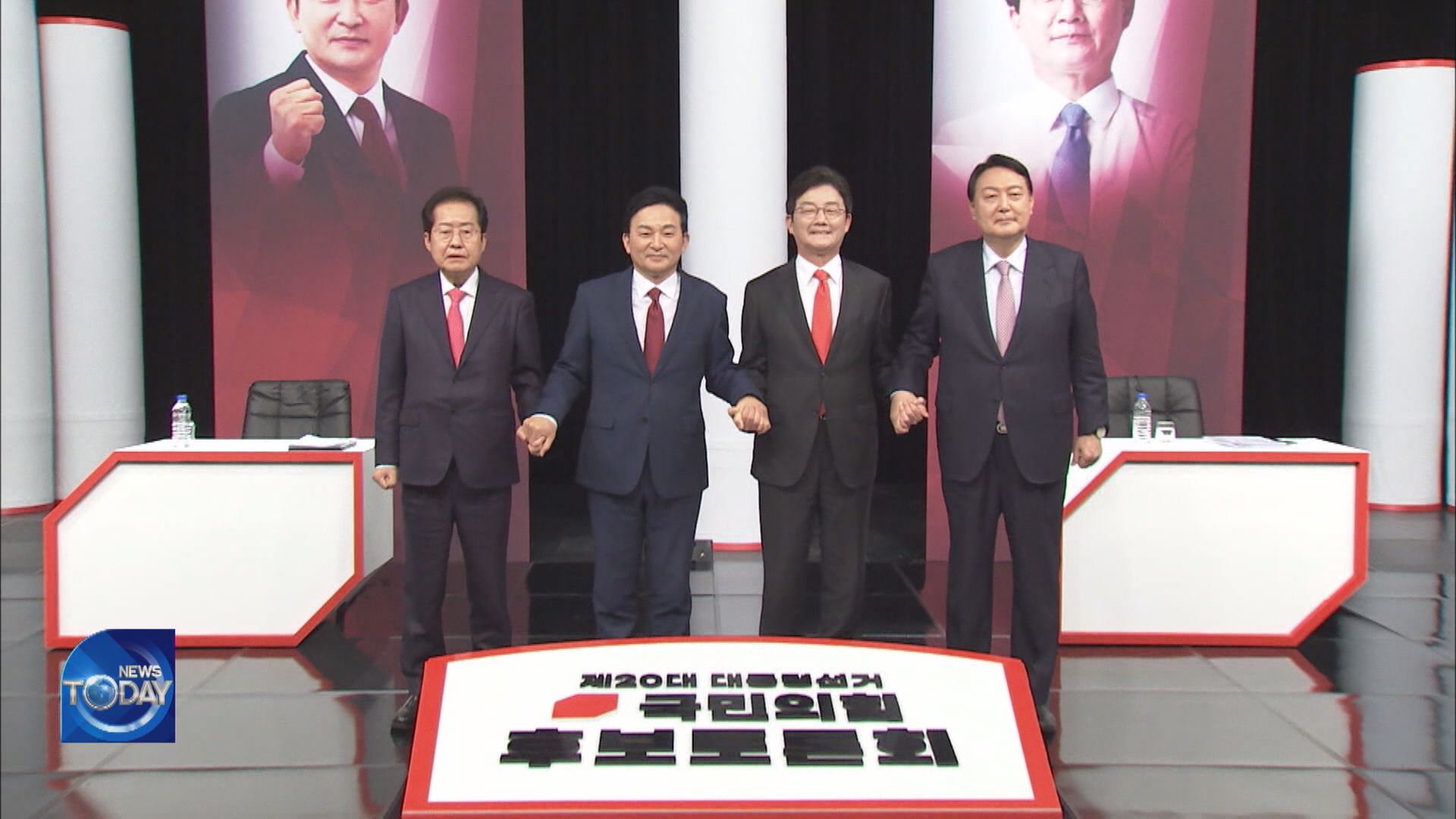
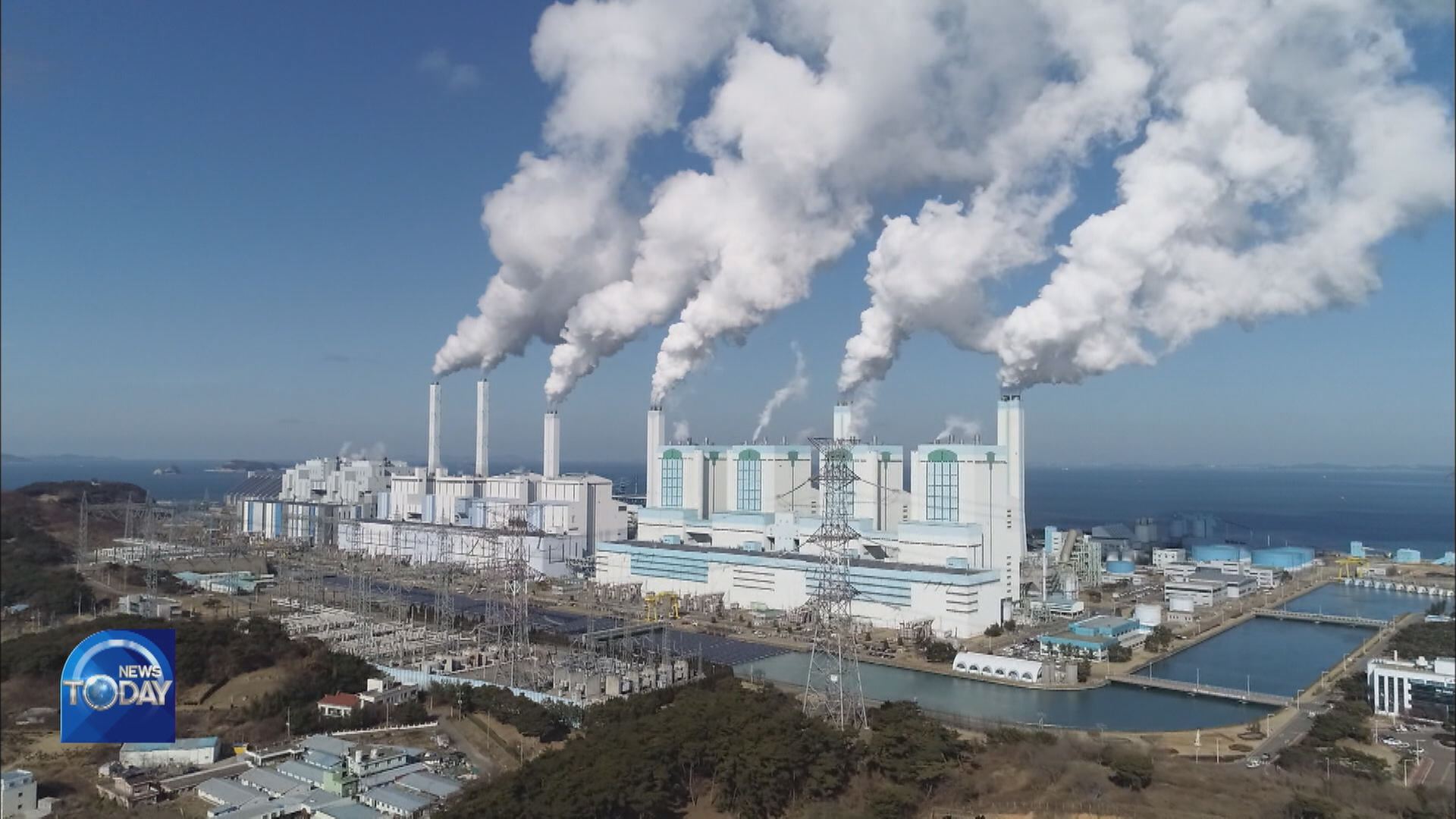
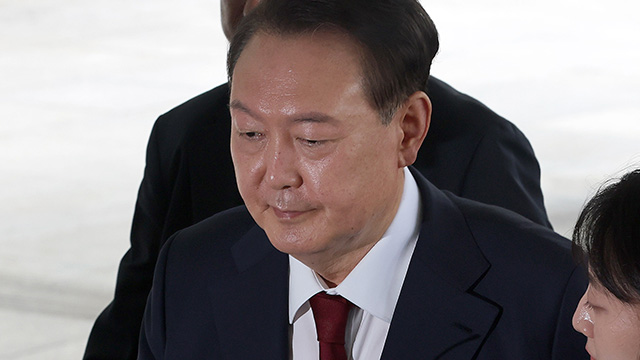
![[속보] 정성호 법무장관 후보자 “검찰 해체 표현 적절치 않아…국민 눈높이 맞는 개혁 이뤄야”](/data/layer/904/2025/07/20250701_86evyp.png)
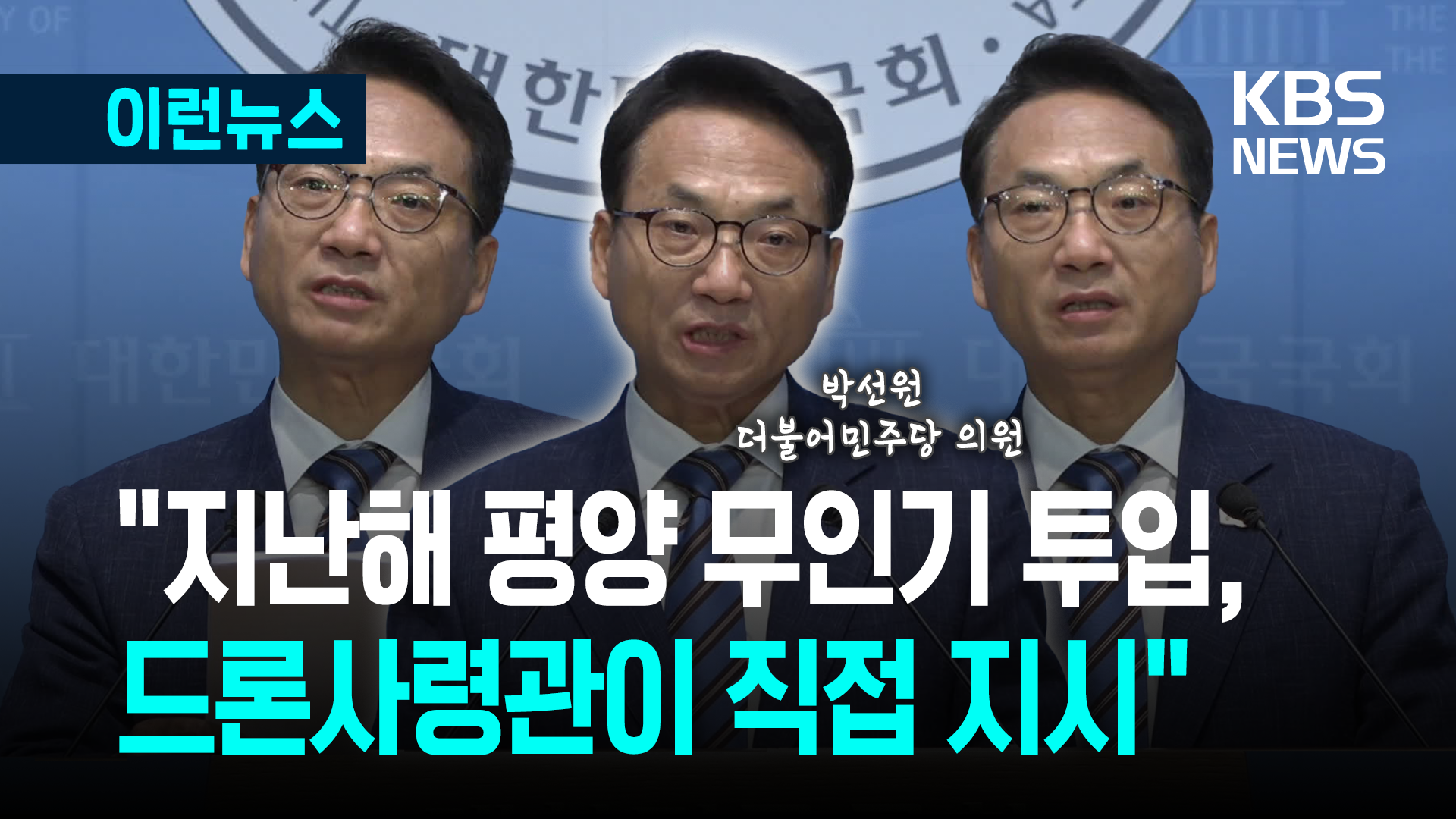
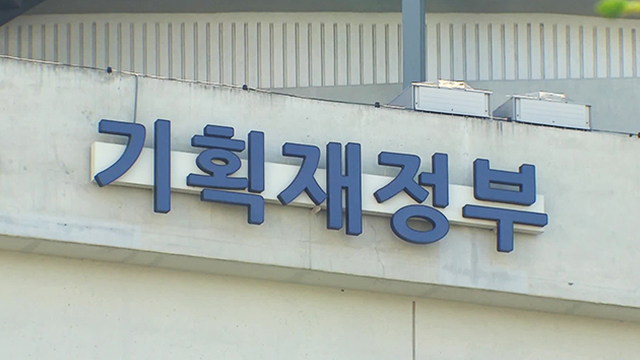

이 기사에 대한 의견을 남겨주세요.